If you’re a restaurant owner or a commercial kitchen manager, you know that functional equipment is essential for running a smooth and efficient operation. When equipment breaks down, it can cause a major disruption to service, leading to lost revenue. That's why it's important for restaurant owners and managers to
have a plan when equipment breaks down. One of the key elements of that plan is determining if you should troubleshoot equipment issues on your own or call a local service repair company. Follow these four steps if you’re not sure how to proceed.
1. Confirm the basics.
Before you call a repair technician, it's always a good idea to check the basics. Make sure the equipment is plugged in and turned on. Check the fuses and circuit breakers. If the equipment is still not working, move on to the next step.
2. Reference the manual.
Every piece of equipment comes with a manual that contains instructions on how to use it and troubleshoot common problems. A quick manual consultation may help you identify and address the issue.
3. Search online or contact the manufacturer.
If you can't find the answer to your problem in the manual, try searching online. There are many websites and forums that offer troubleshooting advice for restaurant equipment.
If you can’t find the answers online, you can try to contact the manufacturer of the equipment. They may be able to provide you with additional troubleshooting tips or send a repair technician to your location.
When It’s Time to Call in the Experts
If you’ve determined it’s time to call in a repair technician, you can take a few steps to prepare for their arrival. Additional data and information may help a service tech identify the issue more quickly and get you back up and running. You may also need to have a Plan B for prepping and serving food while the machine is undergoing repairs. Remember these five tips when you make a call to your service technician:
1. Help us help you.
By providing the make, model and serial number of a piece of equipment, as well as the stated problem, the service technician can come prepared to address the issue. While having all parts to fix every piece of equipment is not practical, companies like ATECH do carry a stock of critical parts for many of the more common brands of equipment. This helps speed up repair times.
2. Keep a log of equipment problems.
This will help you track down recurring problems and identify potential causes. It can also be helpful to provide detailed information about your equipment. For example,
your technician might want to know if/when the equipment was worked on. Was it by the same company? This helps us ensure we bring the right parts to fix the job and identify solutions that have failed in the past.
3. Take pictures of the equipment when it's not working.
Documentation is critical for a few reasons. First, it will help the repair technician diagnose the problem. It can also be helpful for providing evidence for any warranty requests you might make. You may also be able to photograph or use video to capture an unusual code, noise, light, or temperature that can give more clues to the service tech.
4. Have a backup plan while repairs are happening.
If your equipment breaks down, you need to have a backup plan in place so that you can continue serving your customers. This could mean having a second piece of equipment on hand, using a different supplier, or temporarily closing your restaurant.
By following these tips, you can minimize the impact of commercial kitchen equipment repairs on your restaurant's operations.
Consider planned maintenance now before you experience an issue.
Planned maintenance reduces downtime and helps identify any potential issues before they become big problems. Many times, our technicians will catch a small issue that could balloon into a major problem over time. The best way to avoid problems in the first place is to invest in regular planned maintenance that includes cleaning the equipment and replacing worn parts.
You Can Trust the Professionals at ATECH
At ATECH, we’re committed to providing high-quality work for every customer. In addition to our
96% first-call repair accuracy, we also offer a
90-day written warranty on all of our work. If you’re curious about our services or guarantees,
check out what other restaurant managers are saying, explore our
planned maintenance program, or
request a service call for any issue you experience.
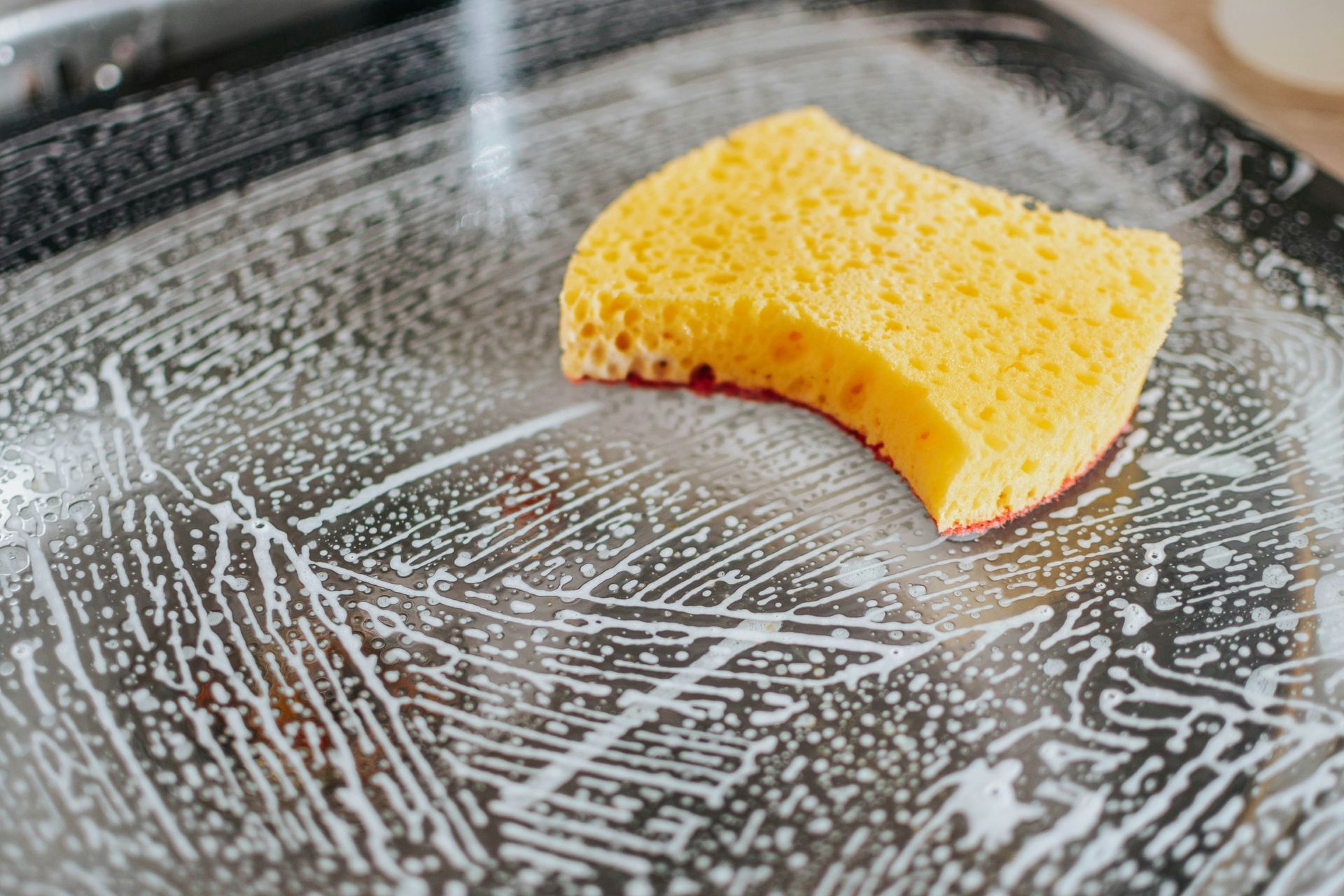


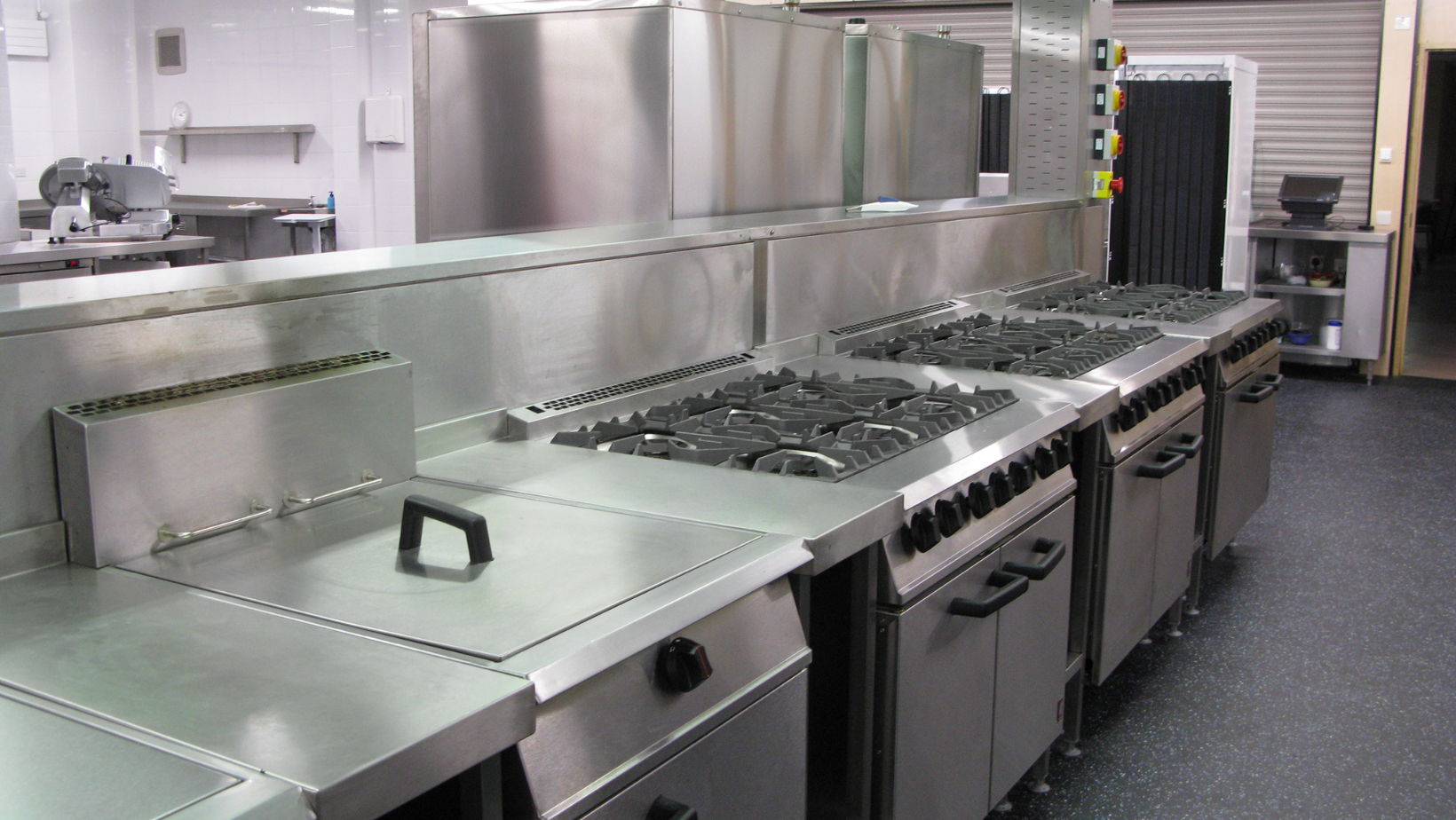
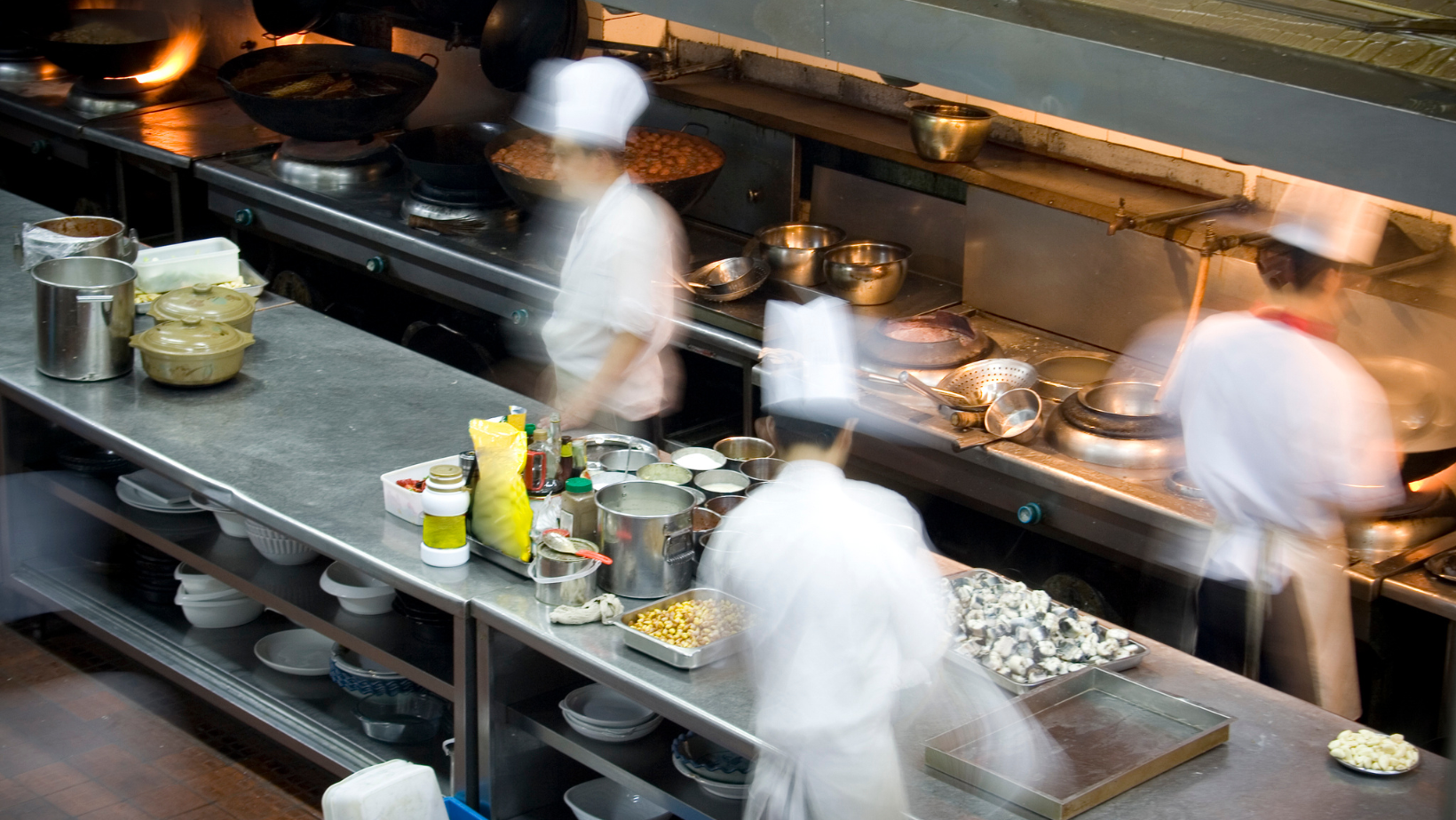




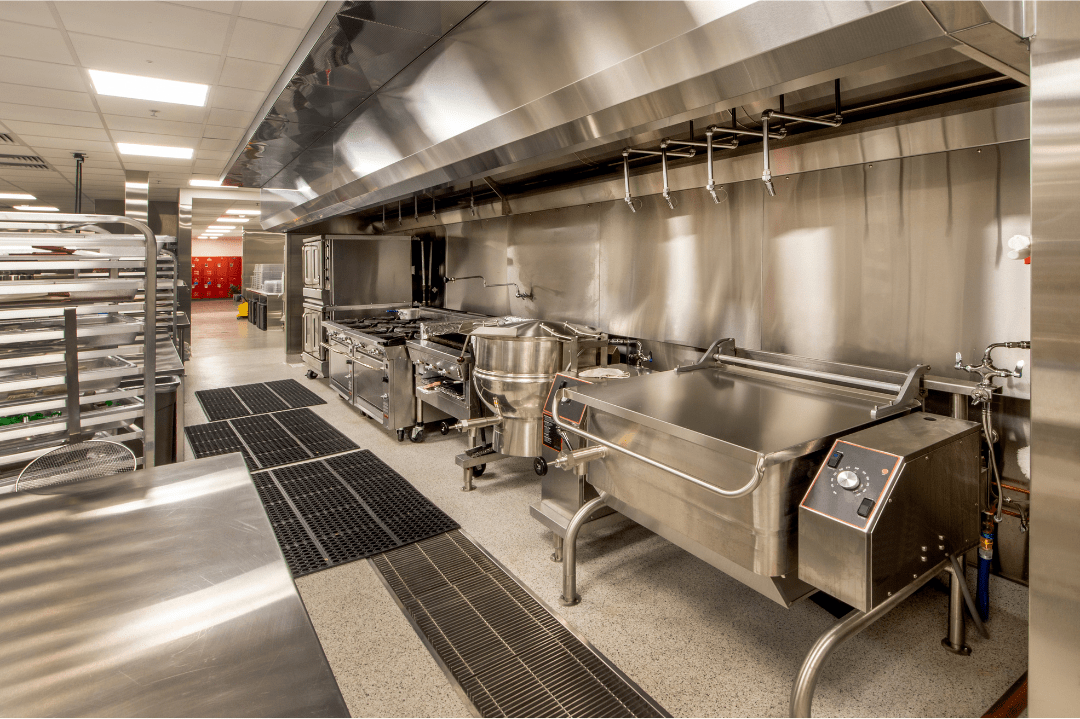
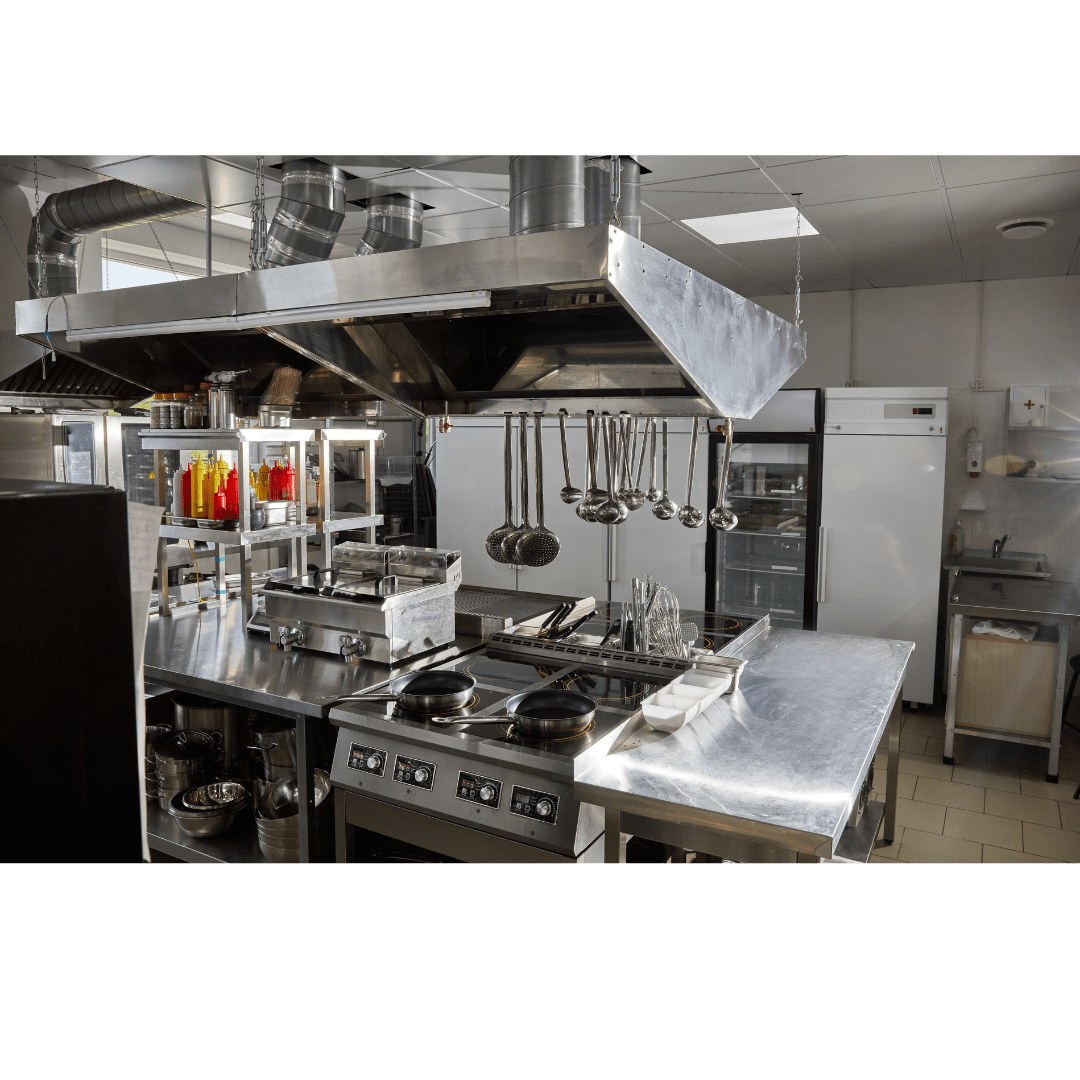
Share On: